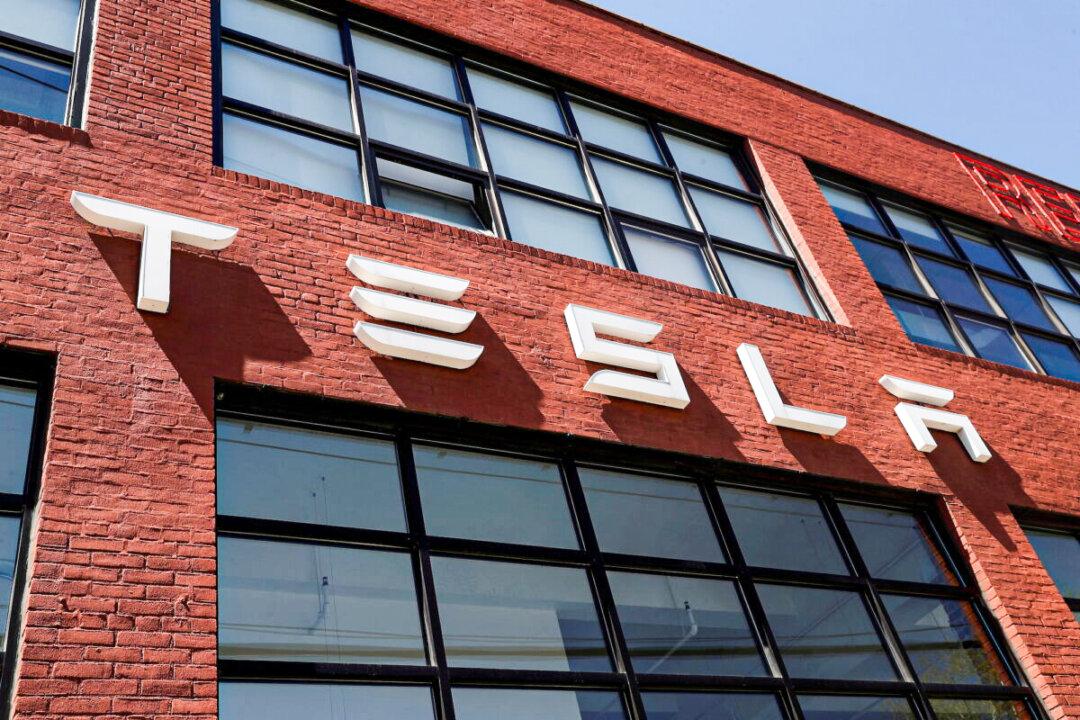News Analysis
U.S. electric vehicle giant Tesla Inc., which has had great strides in the Chinese market, is under mounting data scrutiny from the Chinese Communist Party (CCP) despite its engagement with regulators.

U.S. electric vehicle giant Tesla Inc., which has had great strides in the Chinese market, is under mounting data scrutiny from the Chinese Communist Party (CCP) despite its engagement with regulators.